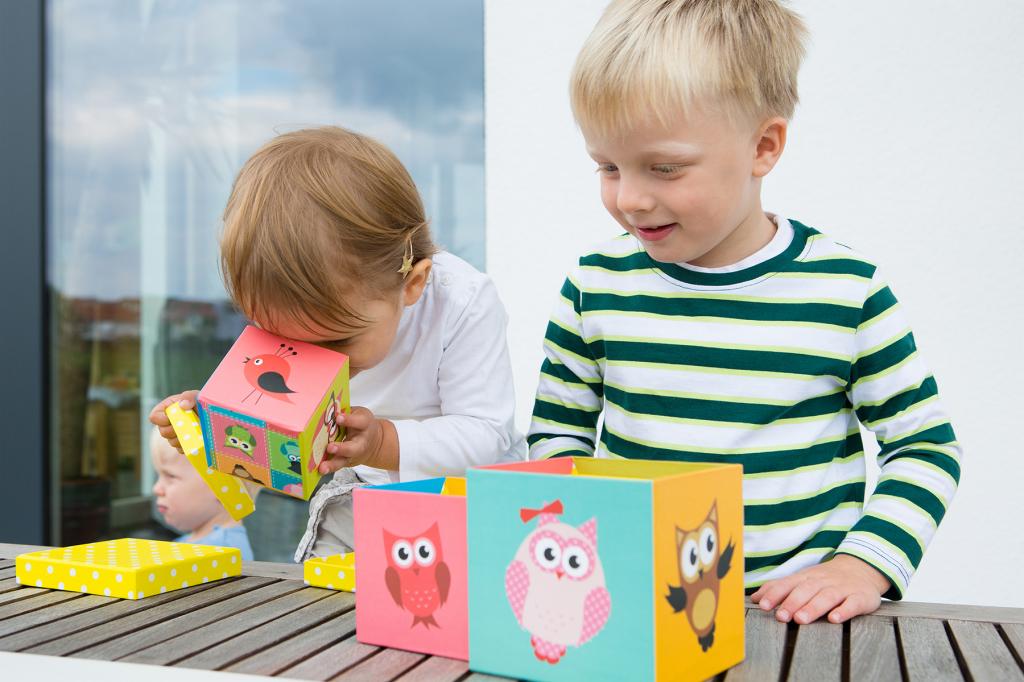
Children's Play Dates: Try these tips and ideas to host a great play date
A successful play date is generally planned, prepared for and pre-arranged.
The younger the child is, the more prepared you need to be. Sending two very young children off to play without any preparation is asking for disaster. Arguing, tears and lack of cooperation could be some of the noticeable behaviours.
Here are some tips and ideas to use for that perfect play date.
1. Choose the right playmate for your child.
If your child is at preschool, ask the teacher who your child plays with naturally. Especially in the early days of organising a play date, it is important to have someone come to play who is compatible. The last thing you want for this special experience is a child who does not want to play happily with your child in your home.
2. Initially, include a parent.
Your child and the play date may still be at the novice end of playing together. Start out with a parent or caregiver to accompany the child who may be visiting. This will just save you from a massive meltdown if the child you invited is not used to going out and playing with other children.
3. Timing is important.
Choose a time when the children will be feeling good. Not when they are exhausted or starving hungry. The time of day is an important factor when introducing your child to a new idea, like playing with another child in your home.
4. Look at possible venues.
Your child may prefer to be at a park or playground rather than at your home. This can work well if you feel the area is secure and suitable for young children. Inviting the other child’s mother to join you helps with keeping an eye on a child in a public place.
5. Be prepared.
If your play date is at home, be prepared to share toys and the space where the children play. Sharing can be a challenge for little ones. It may be a good idea to pack away any precious toys to prevent an argument over favorites. Let your child choose toys they will share and make sure they understand that these are sharing toys. If you are going to the park or on an outing, pack a picnic blanket and some treats to eat. Choose toys that can be played with in the sandpit or on the grass.
6. Plan some extra activities.
Be ready with some games to play. Have a ball for soccer or toy cars for playing in the sand. Organise a game of hide and seek if your child’s friend can play. If you are at home, you can ice biscuits or cupcakes, but be sure you are there to supervise kids in the kitchen. Include a dress-up box for role play or puppets for a puppet show.
7. Prepare your child for the play date.
Make sure your child knows there is a friend coming. Tell your child who the friend is and that your child is the host for the afternoon. Explain what it means to be a good host and how to offer drinks and eats to the visitor. These are good life lessons for your child.
8. Prepare some age-appropriate snacks.
Find out from the child’s mother if there are any allergies to be aware of. Children enjoy snack time and something refreshing to drink. Let your child hand out the snacks or prepare a picnic for the two of them.
9. Make sure the toys or games are suitable for the child visiting.
You want the children to be compatible and have a good time playing together. Some children are still at the parallel play stage and will be happy to play beside each other. Older children will want to be more sociable and it helps if you provide toys and games they can cope with. Children love coloring and painting or doing puzzles and these are nice passive activities to bring some peace and calm after a period of rough and tumble play.
10. Keep in touch with the child’s parent.
Make sure you have exchanged numbers with the visitor’s parents. This is especially important if the child is one of your child’s school friends and not in your circle of friends. In the event of having to call the play date's parents, you need to be able to do so without complications.
Play dates are a really great way to teach your child social skills. Once you have had a play date at your house, be prepared to send your child on a reciprocal date. This is the flip side of play dates and is as important as hosting the date yourself.